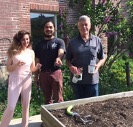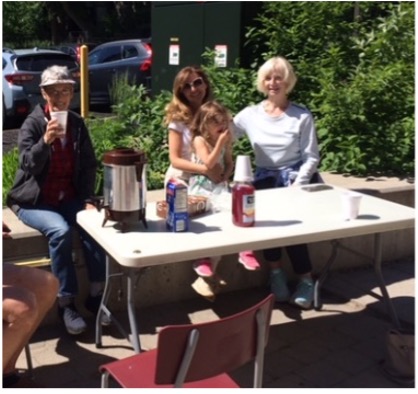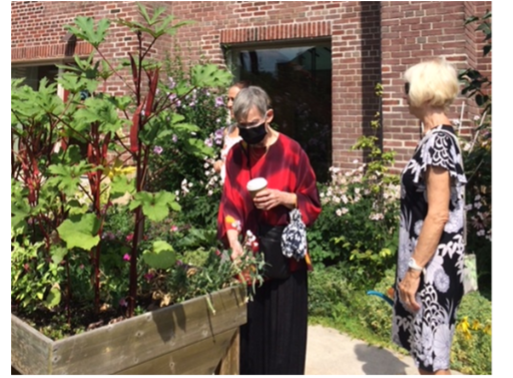Beach United Church presents Dr. Mike Daley, musicologist and storyteller, with a six-part lecture series exploring the iconic Joni Mitchell.
Mondays at 10am – April 17, 24, May 1, 8, 15 & 29
All Lectures – $120
Single Ticket – $30
TICKETS AVAILABLE HERE
Explore the life and music of one of the most influential and beloved singer-songwriters of all time, Joni Mitchell with Dr. Mike Daley. In this course, we’ll do a deep dive into the career and artistic journey of this iconic artist, from her early folk roots to her groundbreaking forays into jazz and pop. Along the way, we’ll listen to and analyze classic songs like “Big Yellow Taxi,” “Both Sides Now,” and “Woodstock,” as well as delve into the personal and cultural influences that shaped Mitchell’s unique and enduring sound. Whether you’re a long-time fan or new to the music of Joni Mitchell, this course will deepen your appreciation and understanding of her enduring legacy.
Wearing a mask is strongly recommended at this event. Coffee will be available.
Lecture Outline
Monday, April 17 at 10am: Early years in Canada
Joni Mitchell was born into a middle-class family in western Canada, growing up as an artistic and spirited child. After an unplanned pregnancy, Joni moved to Toronto to bear a daughter (and soon give her up for adoption) and begin a career as a folk musician. We’ll examine her early years playing the coffeehouses in Yorkville and the start of her songwriting career.
Monday, April 24 at 10am: Joni’s breakthrough
Even as the folk scene declined, Joni’s engaging live performances and finely crafted songs attracted the attention of influential tastemakers and put her in the upper echelon of rock music. We’ll examine her first album Song To A Seagull, her more accomplished follow-up, Clouds, and a third album, Ladies of The Canyon, which contained the massive radio hit, “Big Yellow Taxi.”
Monday, May 1 at 10am: Rock stardom
The release of Blue in 1971 confirmed Joni’s legendary status in the popular music of the ’70s and cemented her image as the model of a singer-songwriter. We’ll examine the emergence of Joni’s new full band sound on her albums For The Roses and the mega-selling Court and Spark, establishing a format that she would retain throughout the rest of her career.
Monday, May 8 at 10am: Jazz explorations
Her fame assured, Joni spent the latter half of the 1970s developing a new jazz-influenced approach to her music. She collaborated with legends like Charles Mingus, Jaco Pastorius and Pat Metheny, and produced a series of fascinating albums that never found large audiences: The Hissing Of Summer Lawns, Hejira, Don Juan’s Restless Daughter and Mingus.
Monday, May 15 at 10am: Navigating the changing pop landscape
The 1980s represented a sea change in the music business – and in Joni’s music too. After a return to form with her 1982 album Wild Things Run Fast, she tried to update her sound and subject matter on Dog Eat Dog and Chalk Mark in a Rainstorm. Meanwhile, a second marriage and a reunion with the daughter she gave up for adoption provided her with the personal stability to start revisiting her past.
(Monday May 22 is the Victoria Day long weekend)
Monday, May 29 at 10am: Latest works and legacy projects
Over the last 25 years, Joni has balanced interesting new albums with orchestral remakes of her greatest hits. A brain aneurysm suffered in 2015 lowered her profile, but her influence as a performer and songwriter remains huge. We’ll close the series by examining the many tributes she’s received in recent years and her enduring place in the pantheon of popular songwriters.
Coffee will be made available during the morning lectures.




